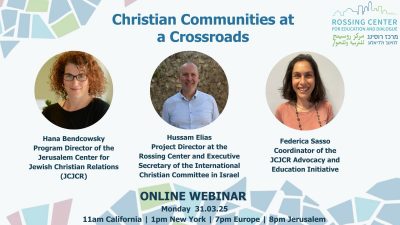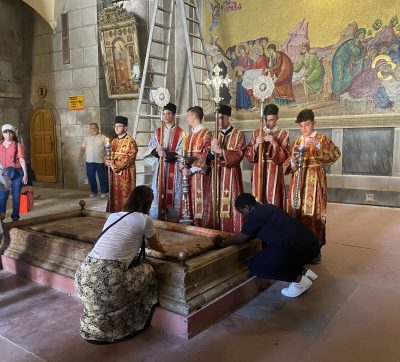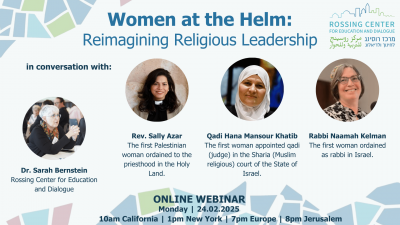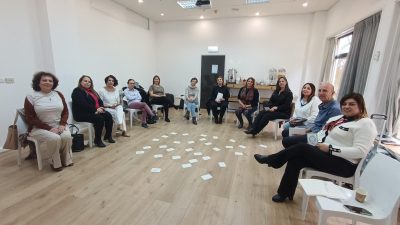By Ophir Yarden, ADAShA program director
Read the full article at Academia.edu
To the full book: Religious Imaginations: How Narratives of Faith are Shaping Today’s World, James Walters (ed.), 2018
In exploring the international status of the Balfour Declaration at the time of its promulgation, this essay demonstrates that it represented the global consensus circa 1917. France, the U.S., Italy, Japan, Greece, Serbia, China, and Siam all concurred and supported the idea of “the establishment in Palestine of a national home for the Jewish people.” Additionally, the idea was recognized at the San Remo conference of 1920.
The essay follows the evolution of Balfour Declaration text, examining pressures and considerations exerted regarding its potential influence on the future status of (1) Jews living outside the Jewish national home; and (2) Non-Jewish minorities living in what would become the Jewish state. These concerns yielded the declaration’s two caveats that sought to insure that “nothing shall be done which may prejudice the civil and religious rights of existing non-Jewish communities in Palestine, or the rights and political status enjoyed by Jews in any other country.” The author then considers the realities of these caveats’ implementation, giving examples of Jewish communities outside Israel which were compromised (particularly, but not only, in the Arab world).
Finally, the essay explores the status of Arab citizens in the State of Israel in light of traditional Jewish teaching regarding majority-minority relations and against the background of the Jewish minority experience, and concludes that the State of Israel has been deficient in fulfilling the obligations imposed upon it by the Balfour Declaration’s second caveat.









